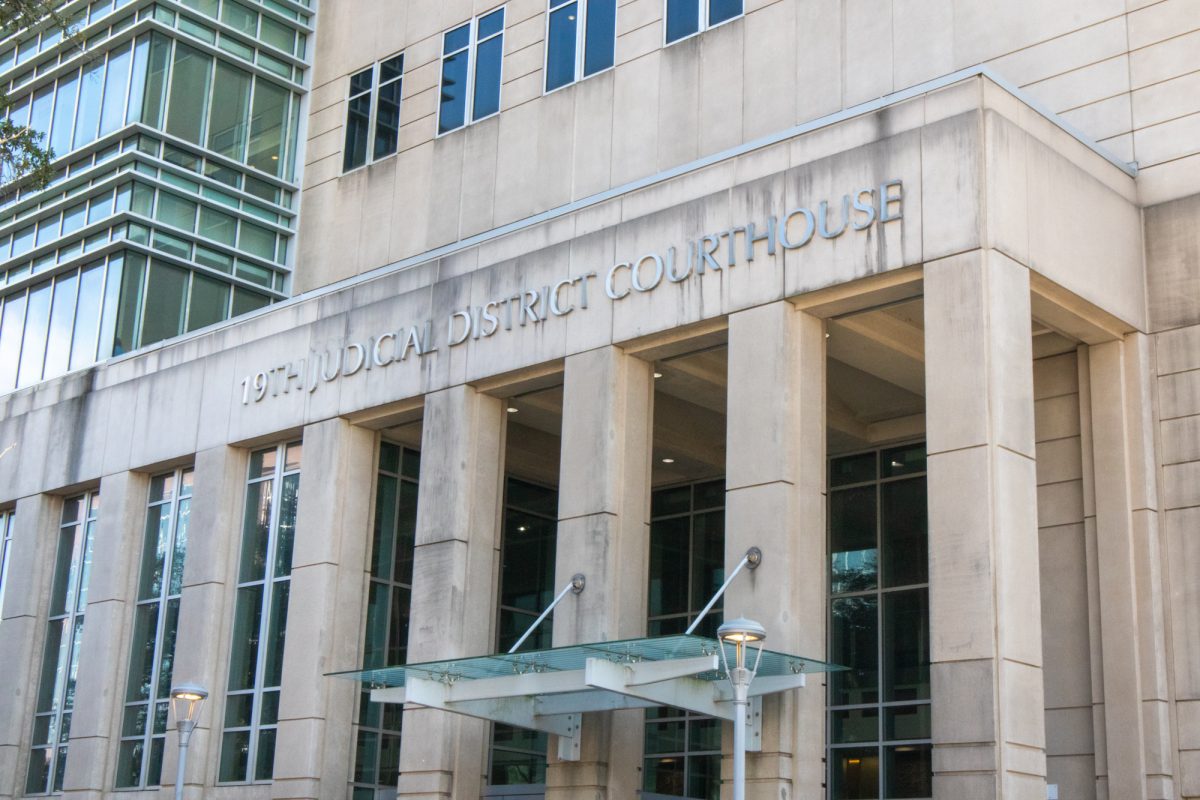David Vitter and Jay Dardenne claimed victory Tuesday in Louisiana’s two highest-profile midterm elections.
Nationally, Republicans took the House of Representatives but failed to take the Senate, though not all races had been decided by press time.
Vitter, the incumbent Republican Senator, earned 57 percent of the vote to keep his seat, beating Democratic challenger Charlie Melancon’s 38 percent, according to unofficial numbers from the Secretary of State’s office.
Vitter was favored heavily to win the contest, given his double-digit leads in polls and millions more in campaign cash.
The Senate race was fraught with negative ads. Melancon repeatedly pointed to Vitter’s involvement with a D.C.-area prostitution ring, while Vitter accused Melancon of playing stooge to President Barack Obama.
Dardenne, a Republican, won a heated lieutenant governor’s race with 57 percent of the vote, beating Democrat Caroline Fayard’s 43 percent.
“We made a statement about our hope for the future of Louisiana,” Dardenne said. “Fiscal integrity in government means something in this state, no matter how long you’ve been in a particular job.”
Dardenne is the current Secretary of State and a former leader in the State Legislature. He touted his experience as a primary selling point to voters.
Fayard, a first-time candidate who worked for the White House and Goldman Sachs and who was endorsed by former president Bill Clinton, sold herself as a “new face” on the state’s political scene.
The special election race for lieutenant governor fills the position vacated by Mitch Landrieu, who left the post to become mayor of New Orleans. Dardenne will face re-election next year.
Landrieu endorsed Fayard in the race.
Louisianians also selected six delegates to the U.S. House of Representatives.
Baton Rouge-area Rep. Bill Cassidy swept into an easy victory over engineer Merritt McDonald, earning 66 percent of the vote.
In New Orleans, Republican Anh “Joseph” Cao will give up his seat to Obama-endorsed Democratic challenger Cedric Richmond. Richmond gained 65 percent of the vote to Cao’s 33.
Cao was expected to lose the seat, as the district is reliably Democratic.
In 2008, Cao beat incumbent William Jefferson, who was then facing highly publicized corruption charges.
Voters statewide passed eight of the 10 proposed constitutional amendments on the ballot.
Official turnout numbers were not available by press time, but initial calculations show 43 percent of registered voters participated in the Senate race.
EBR voters picked Vitter by 48 percent to Melancon’s 46 percent. They picked Dardenne by 56 to Fayard’s 44 percent.
Some students on campus Tuesday afternoon said they didn’t vote in the election. Many are not from Baton Rouge and said they didn’t have the time or money to go home and vote.
“It’s a pretty big inconvenience,” said Felix Caserta, mechanical engineering sophomore. “I really wish I could vote.”
Caserta said it wasn’t worth the gas money to go back to New Orleans, his hometown, to vote.
Others, like undecided freshman Alex Engelhardt, said they weren’t registered to vote.
“I just haven’t gotten around to it,” he said. “I just don’t know that much about [the election].”
Kaitlin Jarnagin, marketing sophomore, said she voted absentee in her home state of Washington.
“It’s not a hassle,” she said. “My mom just mails me the ballot, and I send it back. I don’t even have to leave.”
University professors have said college students seldom turn out for elections in large numbers.
That low turnout means campaigns don’t normally target college voters — neither Vitter nor Melancon had any significant campaign presence on campus.
—-
Contact Matthew Albright at [email protected]
Vitter, Dardenne triumph in midterm elections
November 2, 2010
Secretary of State Jay Dardenne gives his acceptance speech Tuesday night at the Crown Plaza Hotel after winning the vote for lieutenant governor.







